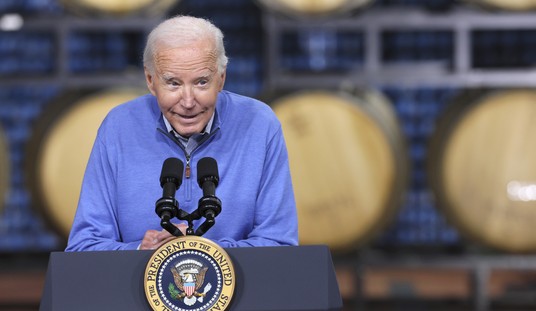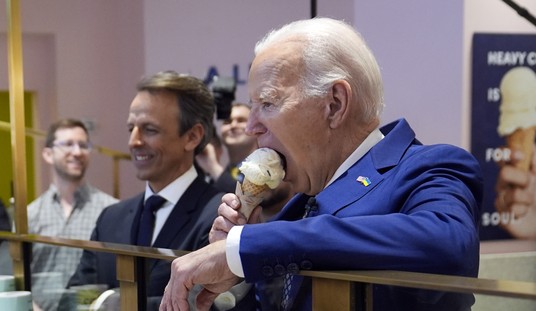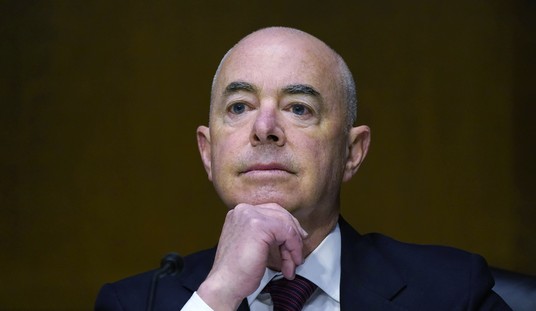Mind you, this vow is in code. One does not simply openly state that the goal is to remove a human being from every single job that can instead be automated. Consumers can get very touchy about that sort of thing (particularly when they start wondering if their ultimate fate is going to involve anything more lofty than a protein rendering vat). No, what one does instead is call your technocratic goal something else. In this case, the euphemism is ‘minimum wage increase:’ “The nation’s second-largest city voted Tuesday to increase its minimum wage from $9 an hour to $15 an hour by 2020, in what is perhaps the most significant victory so far for labor groups and their allies who are engaged in a national push to raise the minimum wage.”
But that sentence should note terrify small businesses that currently operate in Los Angeles. No, this sentence from the same article should terrify them: “Even economists who support increasing the minimum wage say there is not enough historical data to predict the effect of a $15 minimum wage, an unprecedented increase.” It’s terrifying because it’s such a stupid lie. After all, it’s not exactly a secret what happens:
When the government imposes a higher minimum wage, employers face higher labor costs and are forced to respond by decreasing other production expenses. Some employers make labor-saving capital investments that reduce reliance on employees, decrease pay raises to employees that earn more than the minimum wage, or replace the lowest-skilled individuals with more highly skilled employees. Other firms may make adjustments such as reducing employees’ hours, non-wage benefits or training.
Businesses cannot afford to pay employees more than those employees produce on the aggregate. Employees who are paid the minimum wage earn that wage rate because they lack the productivity to command higher pay. Advocates of increasing the minimum wage rely on the idea that businesses are able but unwilling to pay higher wages to their employees. The hope is that these businesses will simply take a hit in their profits while employment and prices are negligibly affected. Unfortunately, most minimum wage earners work for small businesses, rather than large corporations. According to an analysis by the Employment Policies Institute, roughly half of the minimum wage workforce is employed at businesses with fewer than 100 employees, and 40 percent work at businesses with fewer than 50 employees. Small businesses face a very competitive market and often push profits as low as they can go to stay open. Minimum wage earners employed by large corporations would also be affected, because these corporations are under tremendous pressure from shareholders to keep costs low.
…Note that my use of an American Legislative Exchange Council (ALEC) publication is deliberate: I find that it helps the discussion if the people who fall down and froth at the mouth at the sight of the acronym ‘ALEC’ identify themselves right from the start. Anyway, as ALEC noted above the problem here is that minimum wage hikers operate under a peculiar, and frankly unappealing, combination of conspiratorial and magical thinking. Those people really and truly believe that the only reason why the market doesn’t support higher wages for certain jobs is because there’s some sort of nebulous conspiracy keeping those wages down, while simultaneously believing that if they merely raise the minimum wage employers will be able to magically and uncomplainingly take the hit. And they can’t – they almost terrifyingly can’t – comprehend that those two beliefs can in any way be contradictory.
Ach, well, at least they’re not blaming it all on the Jews. …Yet. Because that’s the standard go-to excuse that conspiracy-minded people use to explain why a pie-in-the-sky plan isn’t working properly.
(Image derived via Shutterstock)
Moe Lane (crosspost)













Join the conversation as a VIP Member